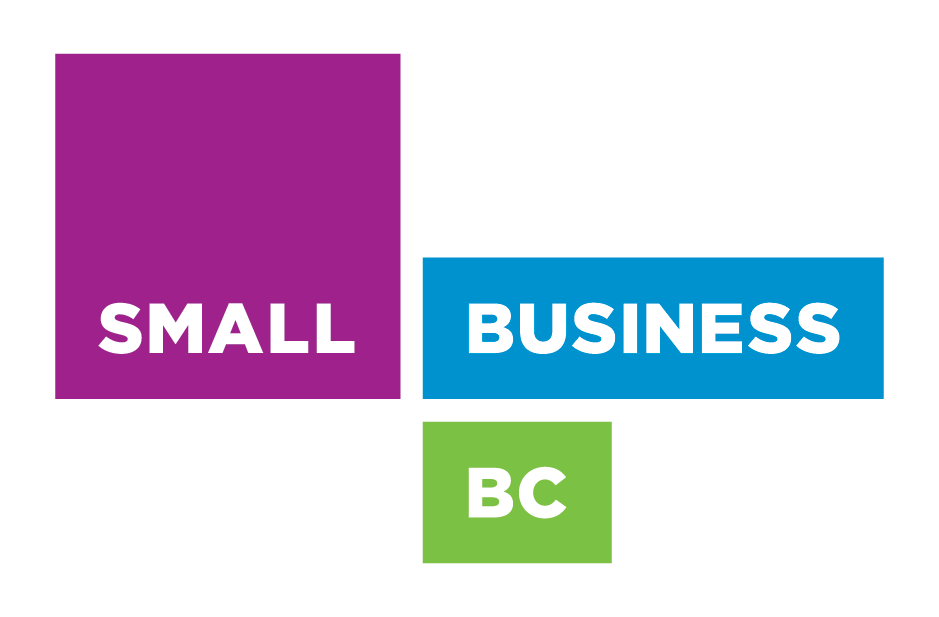Fraser Valley – As the heat has been turned up on recent and tragic developments concerning the Ministry of Children and Family Development, Victoria has stepped up and tried to quell some of the fears and anger.
The Province released a statement from a Chilliwack area set of foster parents and the relation to the Chilliwack Safe Babies Program.
FVN encourages your thoughts and opinions on this piece:
MJ Samson spends her days chasing after an active and mischievous toddler on her 10-acre farm near Chilliwack. “This child is a going concern,” she says affectionately. “She’s running from the time her little feet hit the floor in the morning – I don’t bother tidying up until bedtime!”
MJ and her husband have been foster parents to vulnerable children in the Chilliwack area for the past 15 years. Prior to that, they fostered in Saskatchewan. Already parents to four children of their own, the couple didn’t originally plan to open their hearts and home to children in the foster care system.
“We knew a young family who could no longer care for one of their children and asked us to take the child temporarily,” recalls MJ, “Unfortunately, we weren’t approved foster parents and the child was placed elsewhere – it was at that time we did what we needed to do to become foster parents.”
Over the years, MJ and her husband have provided a safe, loving and stable foster home to approximately 70 children, many of whom continue to stay in touch. MJ proudly shares that one of the kids who came to live with them as a small child is now 21 years old and studying to become a social worker.
“Obviously, our hope is these kids can someday return to their families and that together, they can flourish,” she says. “However, while they are with us, our commitment is to providing our foster children with the healthiest and most positive steps forward in life.”
Six years ago, MJ became involved with the Chilliwack Safe Babies Program, which provides education, support, and training to foster parents who care for substance-exposed infants. Since then, she has fostered four newborn babies.
“Being a foster parent is not without its challenges – but the rewards are so great,” she says. “It’s like watching a metamorphosis when a substance-addicted newborn transforms into a happy, healthy and thriving toddler who is running and jumping and saying her very first words. Knowing we have played an important role in that transformation is incredibly rewarding.”
MJ says one of the most difficult things about being a foster parent is saying goodbye when a foster child returns to his or her family, leaves to live with extended family, or makes the transition to an adoptive family. Prior to each departure, she writes a letter to the child explaining what it was like when the child walked through the front door and into her life and how she hopes they will always stay in touch.
While MJ and her husband have loved being foster parents to so many children over the past 20 years, they admit as they get older their energy levels have waned. In fact, many of British Columbia’s 3,000 foster parents are reaching retirement age, creating the need for more special people to provide a supportive and caring environment to children and teens in care.
“Not everyone is suited to be a foster parent – you must understand that your time is no longer your own. You must be willing make many sacrifices to provide a good, strong foster home to a vulnerable child,” she says. “Having said that, if you are also willing to reach out for the resources and support being offered to you, the support is there.”
Foster families can play an integral role in creating the building blocks children need to prepare them for a better future. If you are 19 years or older and have the time, effort, patience and desire to make a difference in the life of a child please call the Foster Line toll-free at ![]() 1-800-663-9999 FREE or visit http://www.mcf.gov.bc.ca/foster/
1-800-663-9999 FREE or visit http://www.mcf.gov.bc.ca/foster/
Quick Facts:
- Foster family homes are the primary placement resource for children in care in B.C.
- These homes support children and teens who are unable to live with their traditional family for reasons of abuse, neglect, emergency or tragedy.
- 60% of children in care in B.C. are Aboriginal compared to only 12% of B.C.’s foster parents. There is a need for more Aboriginal families willing to foster so that all children in care can maintain their cultural and community connections.
- Foster parents must be in good physical and mental health. They receive training and undergo background, criminal record and reference checks. On average, the approval process takes three months.
- Once the approval process is successfully completed, new foster parents sign an agreement outlining their responsibilities and complete the 53-hour B.C. Foster Care Education Program within two years.













